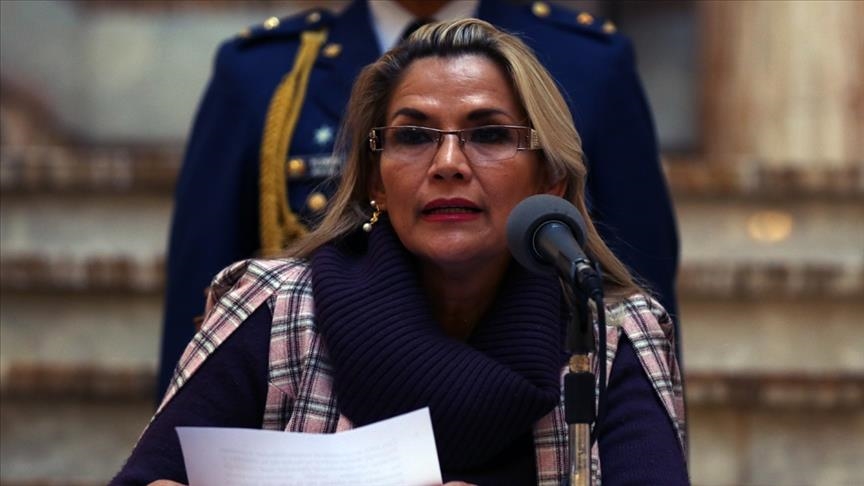Arrest of Former Bolivian President Reflects Poorly on Current President
The former interim President of Bolivia Jeanine Añez and several of her allies face arrest following a warrant accusing them of terrorism and sedition during the 2019 ouster of former President Evo Morales. While these arrests may seem to imply the country is moving away from political turmoil and controversy, it may nonetheless be heading in that same direction.
Roger Cortéz, a professor emeritus of political science at the Universidad Mayor de San Andrés in La Paz, the center of politics in Bolivia, stated that he saw the arrests that were issued by the current president “as an attempt by Mr. Arce’s government to present a show of force at a time when it faces multiple political threats.” Bolivia’s president, Luis Arce, had previously stated that he had no interest in power, which had corrupted many of his predecessors. However, with the intention of warding off political threats, this arrest is a clear abuse of power.
Jeanine Añez is guilty of the acts in the warrant issued; however, that occured two years ago and there are currently much bigger problems in Bolivia that have not been dealt with. Cortéz said that Añez’s arrest was an attempt to distract from the government’s “technical, ethical and practical incapacity to confront serious problems.” Currently, Arce and his government are under massive scrutiny for the way they are handling the economy as well as the COVID-19 pandemic, so many share the same sentiment that this arrest was just a distraction from the real problems facing Bolivia.
On the surface, this arrest implies that Bolivia is closing the door on its past and the turmoil it has contained, but this action actually demonstrates the opposite. Jeanine Añez worked to overthrow Evo Morales because he was power-hungry. She worked for almost 14 years and was attempting to serve even longer. Jeanine Añez helping to oust the former president could be seen as a good thing.
In arresting Añez, Arce may be showcasing some of the same power-hungry and oppressive traits that Bolivia’s previous president, Evo Morales, once showed. He arrested someone two years after the crimes were committed to send a message to his political enemies and distract citizens from the immense problems that loom over their country.
President Arce abused his power by having Jeanine Añez arrested since Añez largely disappeared from the political spectrum and wasn’t committing the same acts she had before. It is a clear abuse of power, as Cortéz stated, used to scare off political threats by showing that the new administration is not afraid to use force. Additionally, this arrest is a misuse of time and resources, following in the footsteps of the previous president.
Mishandling the coronavirus pandemic and the struggling economy and proceeding to arrest someone who is no longer an imminent threat to society shows that President Arce’s focus is on the wrong things. Rather than working to improve the country’s health and prosperity, he is attempting to gain more political power. If his focus was solely on COVID-19 and the struggling economy, there would have been no time to even think about arresting Jeanine Añez.
Right now, Bolivia’s economy is struggling. Even more so, Bolivia is struggling to battle COVID-19. The people believe the president’s focus should be on diminishing the threat of the pandemic. Citizens have surely lost faith in a president who once claimed he did not care for power after seeing him aim his focus on something as irrelevant as arresting Jeanine Añez.
Cory Bork, FCRH ’23, is a communications and culture major from Robbinsville, N.J.

Cory Bork is a senior majoring in communication and culture with a minor in marketing. Beginning in his sophomore year, Cory wrote articles extensively...








































































































































































































